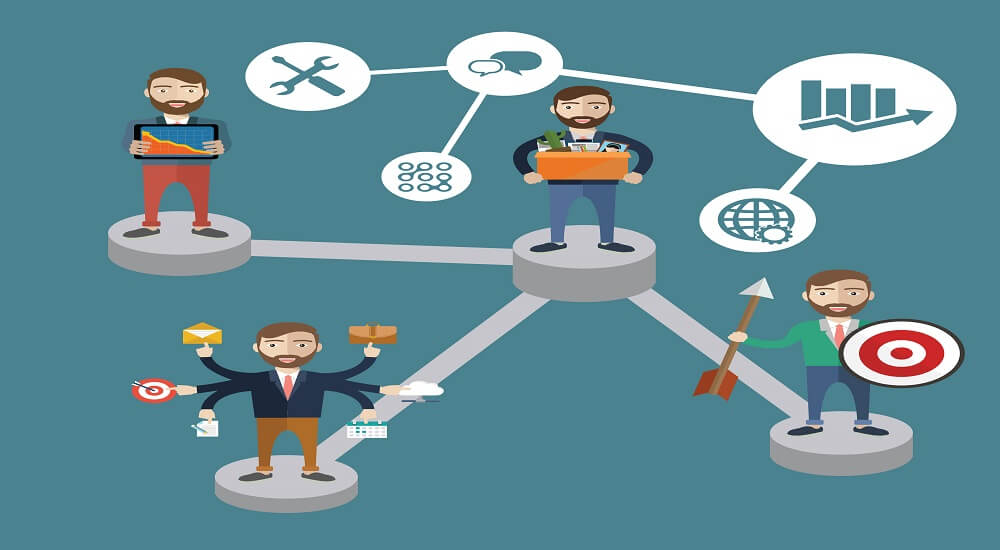


This blog explores the critical SCM components necessary for supply chain success, delving into their roles, benefits, and best practices.
In today’s competitive and dynamic business environment, effective supply chain management (SCM) is crucial for companies striving for operational excellence. The success of any supply chain relies on key SCM components that work together to ensure efficiency, reduce costs, and improve customer satisfaction. This blog explores the critical SCM components necessary for supply chain success, delving into their roles, benefits, and best practices for optimal performance.
A well-structured supply chain requires several key SCM components to function smoothly. These components include planning, sourcing, manufacturing, delivery, and return, each playing a vital role in ensuring the seamless flow of goods and information.
Effective SCM components are fundamental to managing a supply chain’s complexity. Each component addresses specific aspects of supply chain management that need to be optimized for better performance.
Planning is the backbone of any successful supply chain. It involves forecasting demand, managing resources, and aligning supply chain activities with overall business goals. Effective supply chain planning and strategy set the foundation for coordinating various SCM components, ensuring smooth operations and timely delivery.
Sourcing and supplier management are critical SCM components that determine the quality, cost, and reliability of the supply chain. For operations to run smoothly, establishing solid connections with suppliers is crucial. Effective sourcing strategies and supplier partnerships contribute to reduced costs, improved quality, and better supply chain resilience.
Manufacturing is at the heart of the supply chain, where raw materials are transformed into finished goods. Efficient production processes are essential for maintaining quality and meeting demand. Streamlining manufacturing operations ensures cost-effective production, high-quality output, and timely delivery to customers.
Inventory management is a critical SCM component that balances supply and demand while minimizing costs. It involves maintaining optimal stock levels to ensure product availability. Proper inventory management reduces holding costs, prevents stockouts, and supports efficient supply chain operations.
Transportation and logistics management is essential for the timely and cost-effective delivery of goods. It includes the transportation of commodities from vendors to production facilities and warehouses to final consumers. Effective transportation and logistics solutions cut expenses, decrease delays, and enhance supply chain performance overall.
Order fulfillment involves processing customer orders efficiently, ensuring timely delivery, and maintaining high customer satisfaction levels. It is an essential part of supply chain management. Efficient order fulfillment processes are essential for meeting customer expectations and building brand loyalty.
Returns management is an often overlooked yet critical SCM component. It involves handling product returns, exchanges, and refunds efficiently to maintain customer trust. Effective returns management and reverse logistics reduce costs, recover value, and improve customer satisfaction.
Technology is a game-changer in supply chain management. Integrating advanced SCM technologies enhances visibility, accuracy, and efficiency across all supply chain components. Leveraging digital solutions such as AI, IoT, and blockchain improves supply chain transparency, agility, and decision-making.
The importance of sustainability and moral behavior in supply chain management is rising. These practices help companies reduce environmental impact and build trust with customers. Adopting sustainable and ethical practices ensures long-term supply chain success and aligns with customer and regulatory expectations.
Mastering these critical SCM components is key to achieving supply chain success. Companies that focus on optimizing these elements—planning, sourcing, manufacturing, logistics, technology, and sustainability—will be better positioned to meet customer demands, reduce costs, and stay ahead of the competition.
